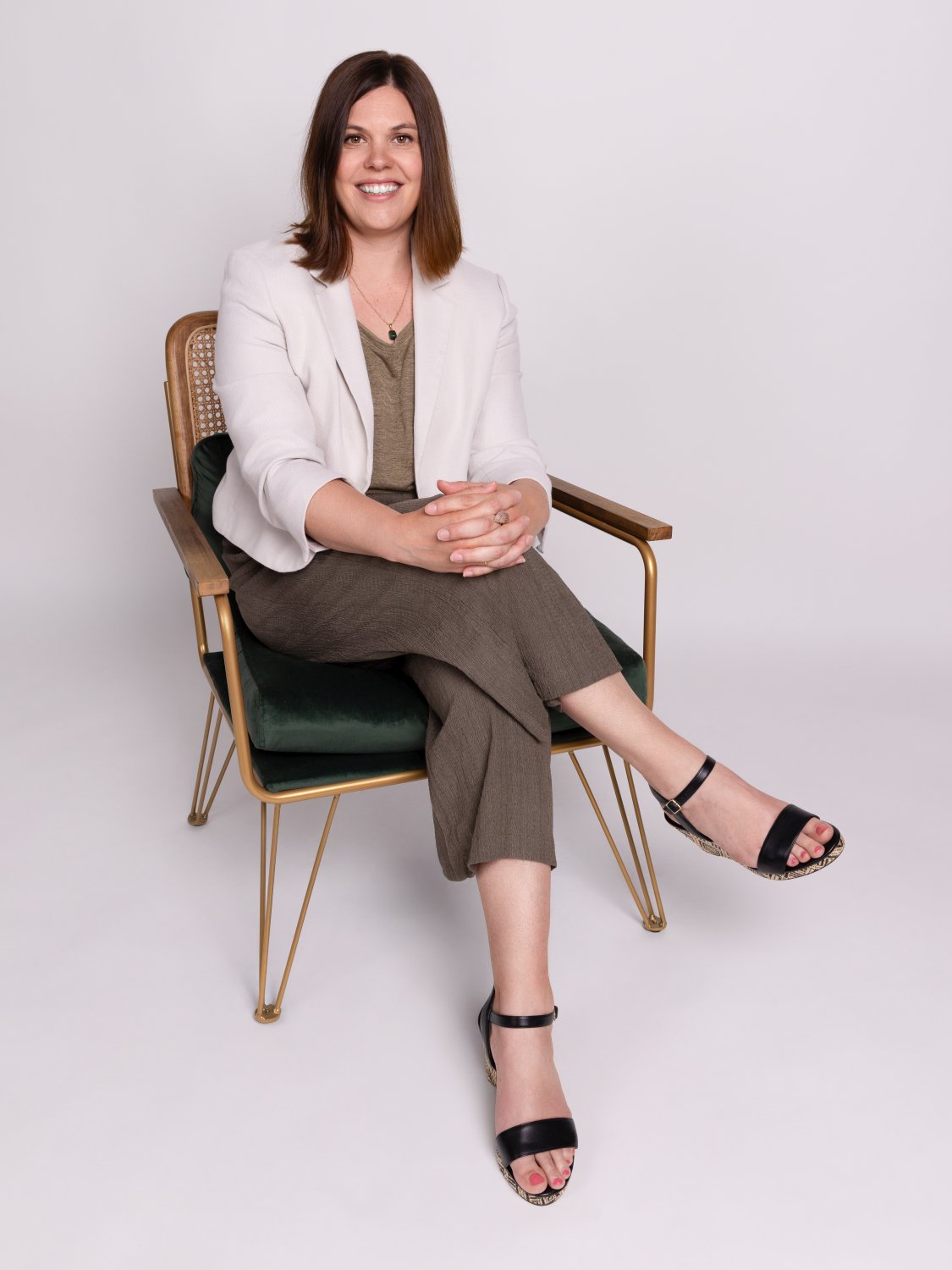
Mikèle Landry brings academic rigor and practical experience to her role as Head of Luxury Brand Strategy Specialization, which is part of the Bachelor’s program in International Hospitality Business at the Glion Institute of Higher Education (GIHE). The former hospitality professional and marketing doctoral student had previously taught at the University of Fribourg and the EHL Hospitality Business School in Lausanne before taking up her current post in 2025. Her approach to luxury is grounded, analytical, and open-minded. In this interview, she shares her thoughts on the codes of luxury, storytelling, brand responsibility, and the lessons that SMEs can learn from the luxury industry.
How do you define luxury in your teaching work and interactions with students?
There is no single definition of luxury. What I try to convey to my students is the plurality of perspectives that exist, whether in literature, among industry professionals or consumers, as well as the importance of being able to recognize criteria that come up time and again. One of the most fundamental elements is the notion of experience: it is an over-simplification to say luxury is about rarity and high monetary value. Rather, luxury is an all-encompassing lived experience that begins well before, and extends beyond, the act of consumption. It engages our senses, emotions, and imagination. Its value is not based solely on the product or service, but on the often highly personalized relationship between the brand and the customer. Luxury also taps into psychological drivers (status, differentiation) and symbolic elements (heritage, expertise, brand universe).
How do you address the concept of luxury with a generation that has grown up surrounded by digital technology?
Our students are very comfortable with digital technology. They master the tools and are very familiar with the brands, including their respective universes and campaigns. However, this familiarity does not always allow them to exercise a critical distance. Our role is to help them go beyond simply consuming information in order to understand the strategies that are deployed and how identity, segmentation, and distribution channels intersect. Personal interaction remains fundamental to the luxury business. Digital technology should not replace humans but enrich the luxury experience without erasing the relational dimension. Students learn to combine digital and personal interactions, an essential skill today, especially for hospitality and communication professionals.
Storytelling is an integral part of the customer experience and now seems equally and even more important than the product itself. How do you explain this shift in the luxury sector?
It is a response to a growing desire for authenticity and consistency. Consumers are no longer satisfied with a beautiful object. They want to understand what the brand stands for and see a real link between its stated values and its actions. In this context, storytelling functions as an emotional thread and a vector of identity.
When it is well constructed, storytelling connects all customer points of contact, reinforces perceived value, and creates a sense of belonging, even if the product is not objectively unique. Some brands such as Cartier, Rolex, Patek Philippe, and major hotel chains are masters at it. Their communication is based on coherent narratives that transport us to another world. But if the narrative is to work, it must be rooted in the brand’s culture. Generic storytelling is not enough.
How do you teach students storytelling in a world as codified as the luxury industry?
We start with observation: which brands tell their story well, why, and how? Then, students create their own narratives. They learn to avoid clichés, find unique propositions, and link the message to the brand’s DNA. This work develops their creativity, rigor, and strategic thinking. Storytelling becomes a tool for thinking about the brand as a whole: its vision, strategy, differentiation, and the value it creates.
Can less well-resourced SMEs in Fribourg and Switzerland take inspiration from the codes of luxury?
Absolutely. It’s a question of clarity, not budget. An SME that knows what it stands for, has clearly defined values and consistently applies them can certainly build a strong emotional relationship with its customers. But this requires them to think about customer experience. What does the customer actually feel? What else is involved besides the functional act? How can you create a special relationship with the customer to ensure that their experience is positive, unique and memorable?
How can you apply this idea beyond demand response?
Luxury is not always a response to an immediate need. It creates desire. Taking a stance like this requires real strategic clarity, vision, and assertive choices, even if they go against the grain. A SME can think like a luxury brand if it embraces who it is, down to the smallest detail. The key is being sincere, consistent and attentive during all your interactions.
How do you view luxury brands’ approach to responsibility? Do you think they can, or should, integrate values like sustainability and ethics in their business model?
They must. We are living in a time when profound changes are needed, both environmentally and socially. As a high-profile and influential sector, the luxury industry must do more than communicate and offset their impact. It needs to mainstream sustainability across its operations, from design and production to partnerships and governance. Some brands are already leading the way by demanding tangible commitments from their suppliers. But this has yet to become an industry norm. They also have a role to play in changing mindsets by educating their customers and building on the relationship of trust they have with them.
What role can younger generations, and Glion students in particular, play in this transition?
A central role. They are often the ones driving this transition as they are clear-eyed about the issues at stake. At Glion, these topics are addressed in a course specifically on corporate responsibility and across the entire curriculum. When our students leave us, they have the tools they need to take action and become changemakers. They are the committed professionals of tomorrow and the future architects of a more ethical and sustainable luxury industry.
